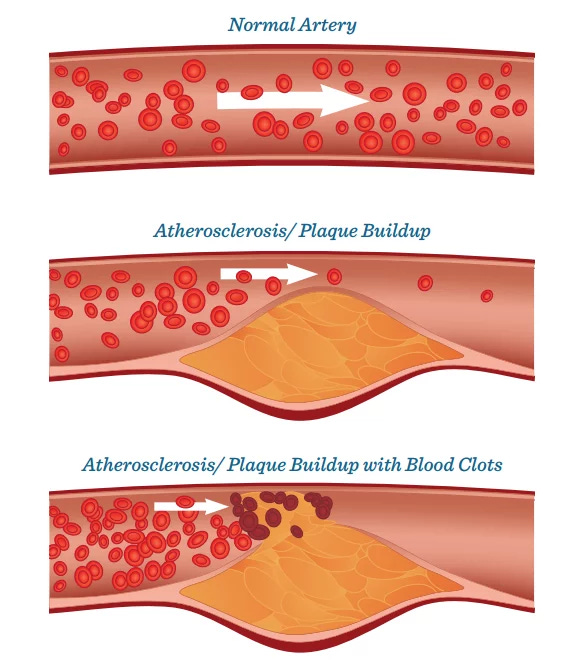Sitting in a neon-lit room, I gazed at the obscene sight of a needle in my arm and the dark red blood being sucked from my body. Intellectually, I know there is a lot of blood in my body, but seeing it this way always feels paranormal.
I used to do blood tests annually for health check-ups, but I missed a few years while living abroad. Thus, as part of my “2023-Rob 2.0-healthquest-extravaganza”, I did a few tests recently.
The two vials of blood taken from my arm yielded 63 biomarkers. The Rob of yesteryear would have been content and comforted with the doctor's usual generic response: “Everything looks normal”. But not Rob 2.0. He needed more.
“What’s the meaning of monocytes = 6.7% and eosinophils abs = 0.18 10 9/l?”, I asked. The doctor answered something about white blood cells. Ummm. “So, what are white blood cells?”, I replied.
An hour of her life - perhaps the longest- was then spent trying to translate this medical Morse code for my eager but ignorant mind. God bless her.
Luckily, all the results looked good or “normal” except for one devious outlier - my cholesterol. Specifically, my LDL cholesterol score was higher than it should be.
I knew cholesterol was something to be taken seriously, but I didn’t really know what it was and why it was relevant to my health. So, I did some reading.
Cholesterol is a type of fat (lipid) in your blood that helps your body make essential things like hormones and vitamins. It also makes up the membrane of every cell in your body, amongst other critical functions.
In a nutshell, you’d be dead without it.
Cholesterol travels through the body to do its job, and to do so, it uses your bloodstream as a highway. Something like glucose is water soluble, making it easy to pass through your circulatory system (blood is 50% water). But like olive oil, lipids can’t dissolve in water. Thus, they move around as cargo in little trucks called lipoproteins. There are two main types of trucks:
LDL (Low-Density Lipoprotein), aka 'Bad' Cholesterol
HDL (High-Density Lipoprotein), aka 'Good' Cholesterol
LDL is a messy truck that spills cargo (cholesterol, i.e. fat) on the road (your arteries). LDL contributes to a fatty buildup (plaque) in your arteries (a condition called atherosclerosis), which causes them to narrow, leading to heart disease, strokes and hosts of other fatal stuff you don’t want. HDL is like the cleanup crew. It gathers spilt cargo and takes it back to the liver to be processed. Thus, you want your LDL to be low and your HDL to be high.
There is a lot more to say about cholesterol, but that deviates from the point I’m trying to make, which is this: Knowledge is power.
I’m stoked I peeked under the hood of what’s happening inside my body. My cholesterol score came as a surprise to me. I eat (relatively) healthily, exercise 4-6 per week, and don’t smoke - all factors that should contribute to good LDL levels. Had I not done the tests, I would have been oblivious to my arteries continuing to clog like a dirty drain, difficult to undo. Now I can remedy the situation, which, if I’m lucky, will help me escape mortality a little longer.
“If you can’t measure it, you can’t manage it”, said business guru Peter Drucker. Don’t let ignorance be the enemy of longevity. If you haven’t done so in a while, consider getting your medical checks done. I’m happy I did.




